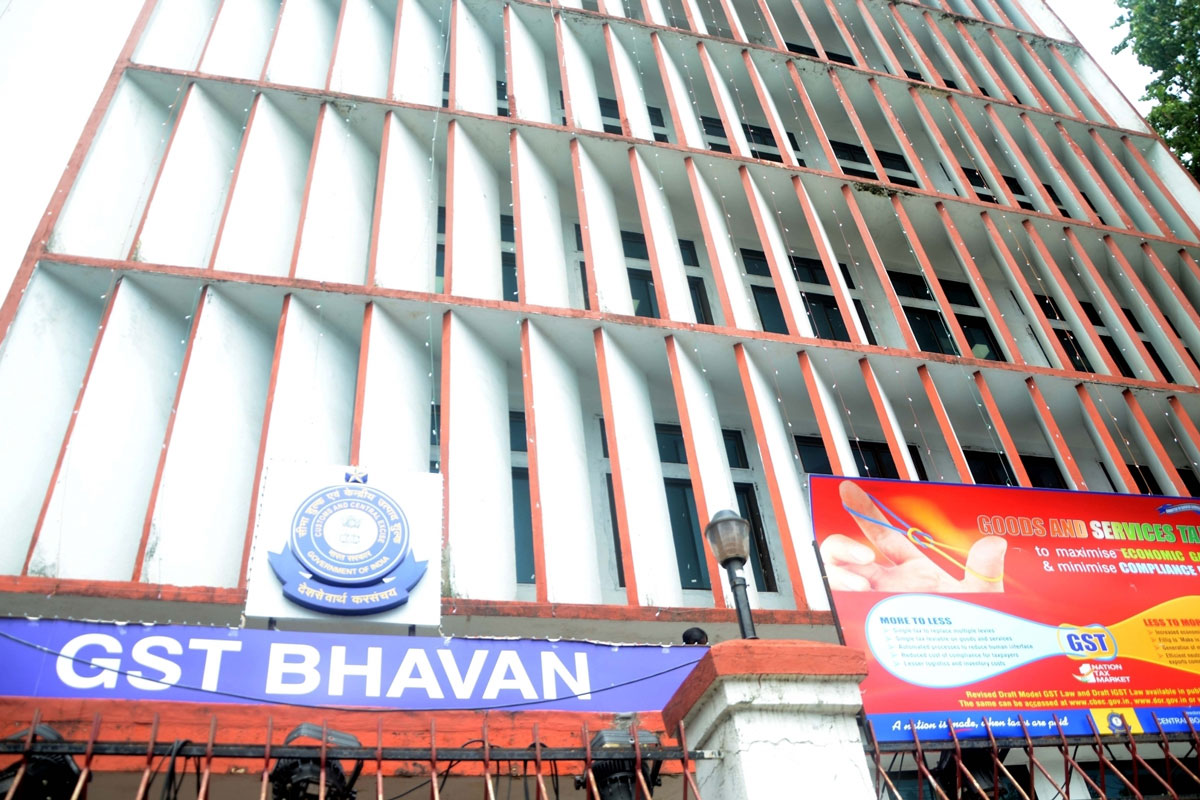The 44th meeting of the GST Council, the second this year in the midst of the second wave of Covid pandemic, began on Saturday morning through video conferencing.
The meeting is being chaired by finance minister Nirmala Sitharaman and is being attended by finance ministers of all states and union territories. Senior officers from the Centre and States are also present in the meeting.
Advertisement
The meeting is taking place after the 43rd meeting of the Council on May 28 announced a series of duty concessions on Covid relief items in addition to relaxation of compliance measures for taxpayers.
At the last meeting of the Council, it was decided to form a group of ministers (GoM) to examine the need for further reductions and decide on any new rates for medical equipment and vaccines.
The meeting is expected to consider recommendations of the GoM while offering more compliance relaxation to taxpayers.
It may also announce few measures to correct the inverted duty while discussing the compensation cess dues arising in 2021-22 due to a possible shortfall in cess collections.
Two other important items including lowering of GST rates for two-wheelers and bringing natural gas into the indirect tax fold may also be included in the agenda for discussion.
Sources said certain states like Punjab have sought GST duty cut on essential medical supplies meant for Covid treatment. The council may accordingly discuss some of the measures like reducing GST or exempting from duty of Coronavirus related items like hand sanitisers, face masks, gloves, PPE Kits, temperature scanners, oximeters, certain Covid medicines and ventilators among others based on suggestions of the GoM.
The meeting is also to take political colour with few oppositions ruled states like West Bengal, Punjab have been pushing for exempting Covid vaccine from GST. The finance ministry has been opposing such a move that would deny the benefit input tax credit for producers.
Also, the GST compensation for FY22 is expected to dominate the discussions of the Council with States seeking higher compensation in the wake of fall in tax revenue expected this year due to pandemic related disruptions and lockdowns in various parts of the country.











